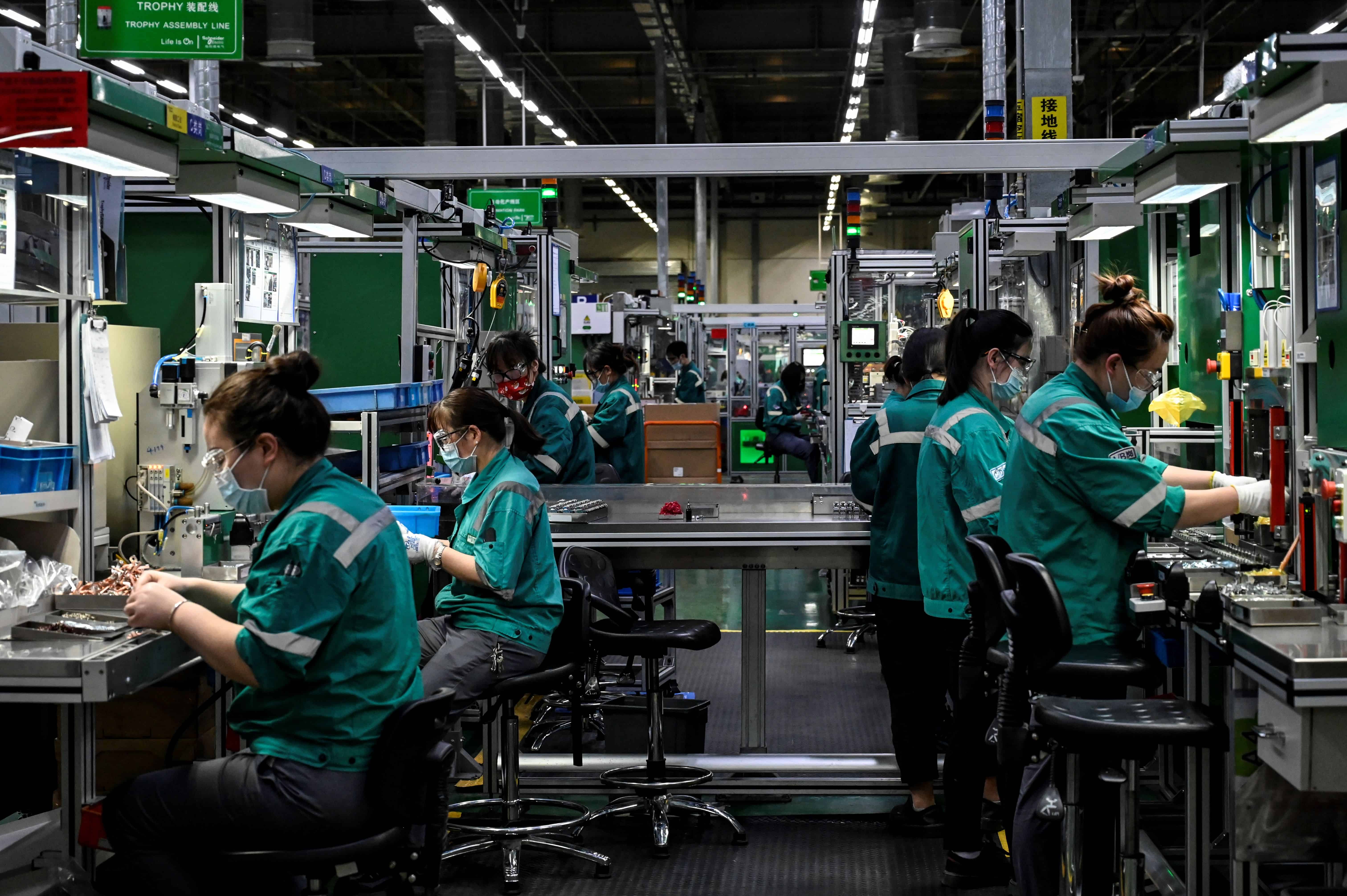China’s consumer price inflation last month fell to its lowest level in a year, official data showed Thursday, as the country emerged from strict pandemic controls and a Lunar New Year spending binge.
February’s consumer price index (CPI) – the main gauge of inflation – rose one percent, down from a 2.1 percent annual rise in the first month of the year, according to the country’s National Bureau of Statistics (NBS).
The latest figure is the lowest since February 2022.
NBS statistician Dong Lijuan said the drop was caused by a “decline in consumer demand after the holidays as well as sufficient supply in the market”.
While a drop was expected, experts polled by Bloomberg ahead of the data’s release had predicted the CPI to hit 1.9 percent.
Analysts say the fall was spurred by falling food prices and cautious spending behaviour, despite China’s reopening to the world after three years of its rigid zero-Covid policy.
“This casts doubt on the strength of domestic demand recovery in the household sector,” said Zhang Zhiwei, President of Pinpoint Asset Management, adding that it also “contradicts” other indicators that a strong rebound may be in the works.
“Nonetheless, the weak CPI inflation opens room for the government to launch more monetary easing policies,” said Zhang.
China has been relatively sheltered from soaring global prices and the broader economic fallout from Russia’s invasion of Ukraine.
But economists still expect consumer prices in China to increase in coming months as the country emerges from the pandemic period and spending returns to normal.
Meanwhile, data released on Thursday by the NBS showed that the producer price index — which measures the cost of goods leaving factories — fell 1.4 percent from a 0.8 percent contraction in January, mainly in line with market expectations.
Chinese authorities announced an economic growth goal of “around five percent” for 2023 on Sunday, as the country’s annual rubber-stamp parliament kicked off in Beijing.
The world’s second-largest economy expanded three percent last year, missing its target of around 5.5 percent in the face of stringent Covid policies and a spiralling crisis in the property sector.

